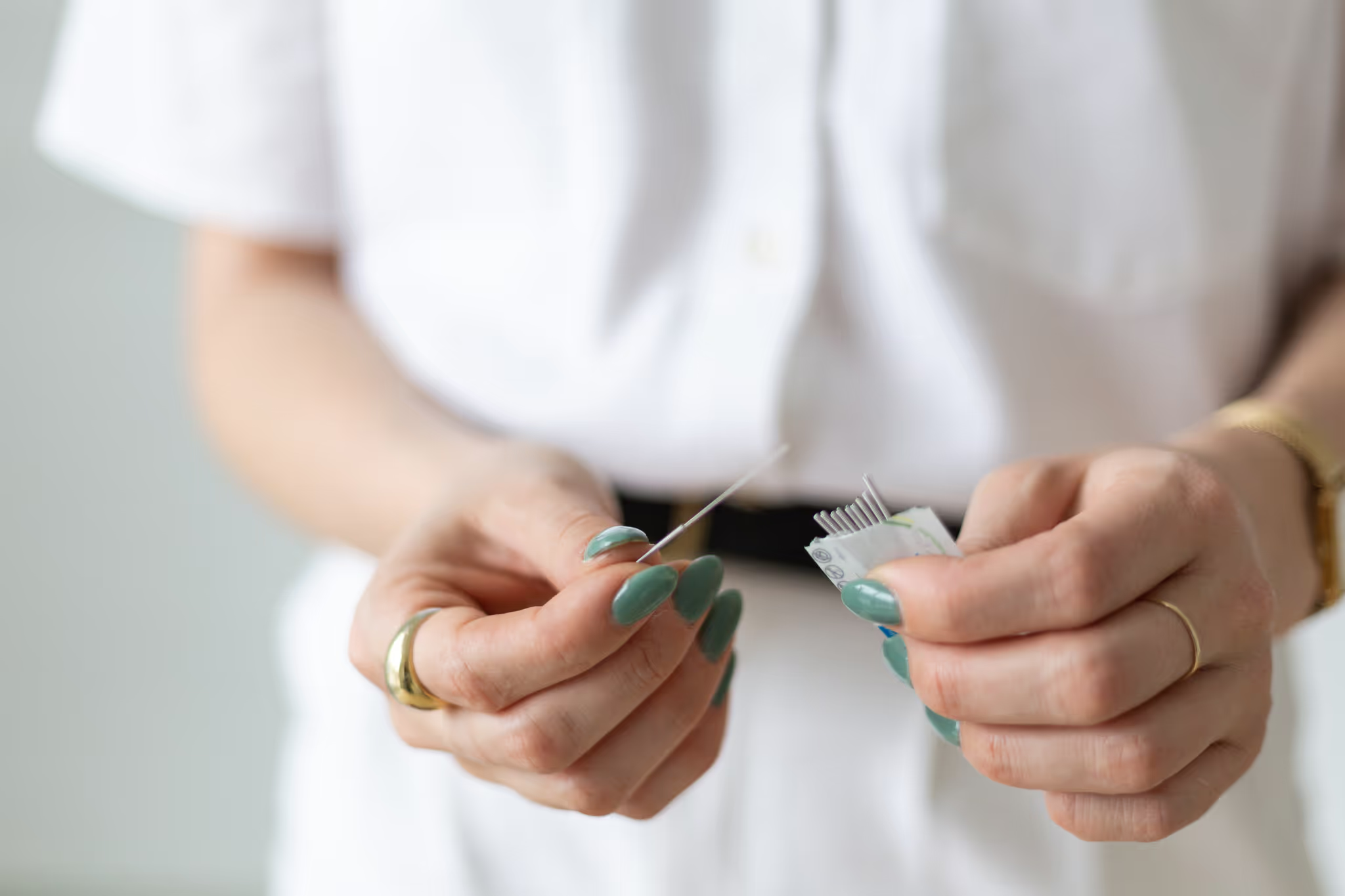Eczema is one of the top conditions I see in the pediatric population of my naturopathic practice. It can be challenging and frustrating for both parents and kid, especially since topical steroids are not always the top option parents want to use. Even though a child hasn’t necessarily been around for a long time, there can be numerous factors contributing to their rashes.
Anywhere from 10-30% of children in developed countries will develop eczema, with 45% of them presenting with a skin rash before the age of 6 months. It often is heredity, so if one of your parents had eczema, there is a 30% chance you will too. Eczema, or atopic dermatitis, often arises in early childhood and occurs due to a dysregulation of the immune system, impaired skin barrier and allergic inflammation. Often in childhood the leading contributors to eczema are foods, sweat, physical irritation, environment and exposure to microbes.

The importance of the gut:
It is well known that the gastrointestinal tract has the largest quantity and variety of microbes in the human body. The composition of the gut microbiota has been found to vary in children based on circumstances prior, during and after birth. In terms of the development and maturation of the immune system, the gut microbiota plays an essential role even prior to birth. Less diversity in gut microbiota has been found to be associated with atopic eczema.
4 Options for Your Child’s Eczema to Try at Home:
1. Looking at the diet:
Often skin rashes can be due to a food trigger. A modified elimination diet is great place to start. The largest aggravator tends to be dairy (think beyond cows milk – yogurt, cheese, baked goods), so this is usually the first food that should be evaluated. Other common foods include gluten, egg and soy. If your child is being formula fed, consider switching formulas. If your child is being exclusively breastfed, consider foods mom is consuming.
2. Increase the good bacteria with a probiotic:
As mentioned earlier, the gut plays a pivotal role in our immune system and often we need a little boost of the good guys. This is especially true if your child was delivered via c-section or has had to take antibiotics. There are probiotics available for various ages, including infants and children.
3. Soothe the skin with Oatmeal baths
Oatmeal can provide relief for irritated skin. Either finely grind 1/3 cup of oatmeal and place in the bath or place oatmeal in a sock or pantyhose to create a sponge that can be used on the skin. Soak for 15-20 minutes and gently rub on the skin. Be cautious if your child is sensitive to gluten or oats.
4. Lock in moisture with coconut oil
Studies have found coconut oil to be more effective at soothing the skin than mineral oil. It also has antimicrobial properties that will help prevent any infections from scratches.It is best to moisturize your child within 3 minutes of getting out of the bath. This helps lock in moisture and not further dry the skin out.
Want to learn more? Join my monthly community membership - The Optimal You CommunityMembership - to access to monthly webinars, educations videos, ask me anything segments, interviews with industry favourites and more! Sign up for a free trial or the monthly pass here.
Through my unique processes of a full assessment, intentional testing options and individualized and manageable treatment plans, I've helped hundreds of men and women take the next step and make small changes for dramatic shifts in their health and wellness. If you would like to discuss which tests might be right for you, book a FREE discovery call here.
References:
OszukowskaM et al.: Role of primary and secondary prevention in atopic dermatitis. PostepDerm Alergol 2015, 6:409-420.
Lyons JJ, Milner JD, Stone KD: Atopic dermatitis in children: Clinicalfeatures, pathophysiology and treatment. Immunool Allergy Clin N AM 2015, 35:161-183.
Katayama I et al.: Japanese guidelines for atopic dermatitis 2017.Allergology International 2016, 1-18.
Munyaka PM, Khafipour E, Ghia JE: External influence of earlychildhood establishment of microbiota and subsequent health implications.Frontiers in Pediatrics 2014, 2: 109.


